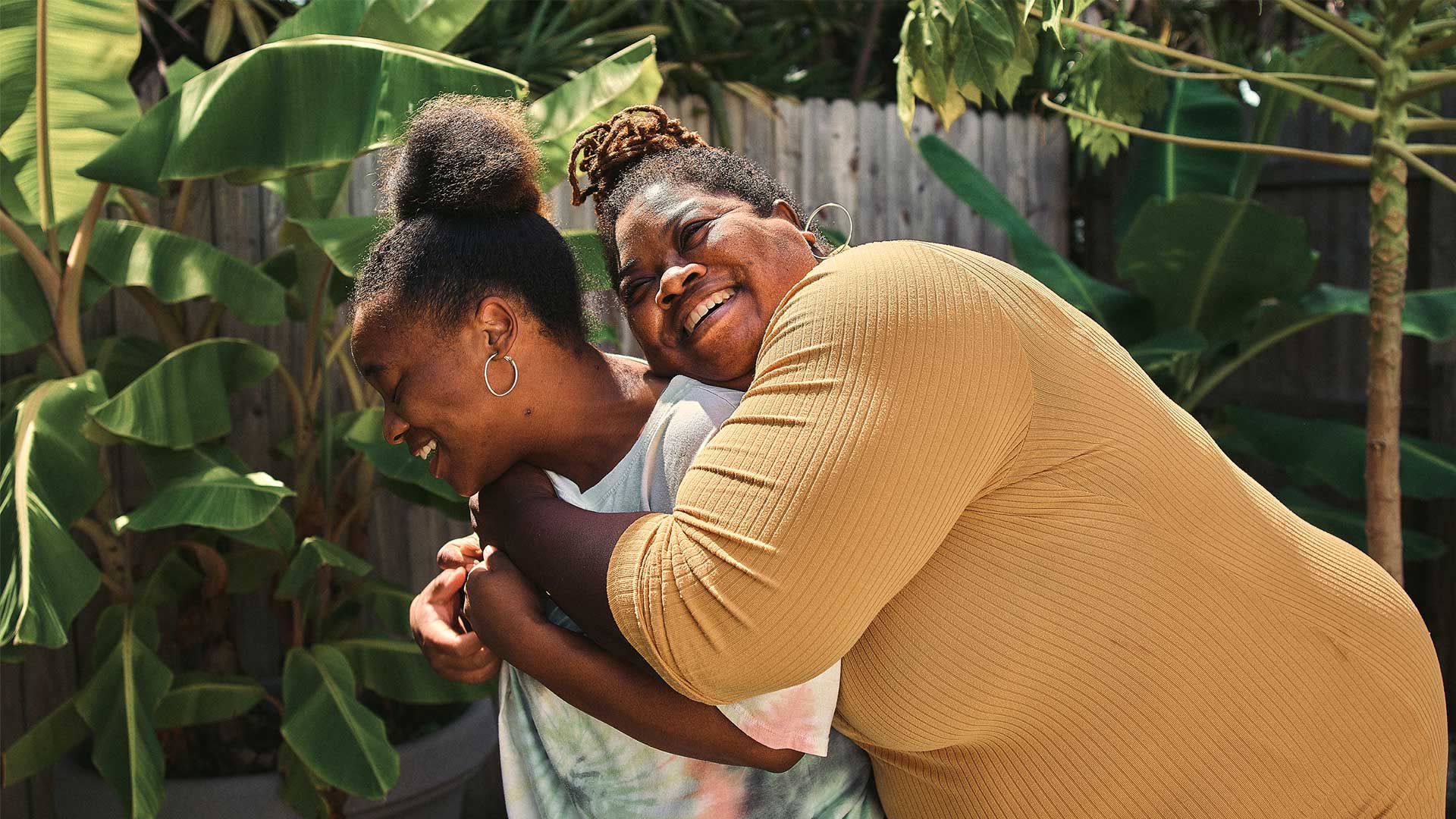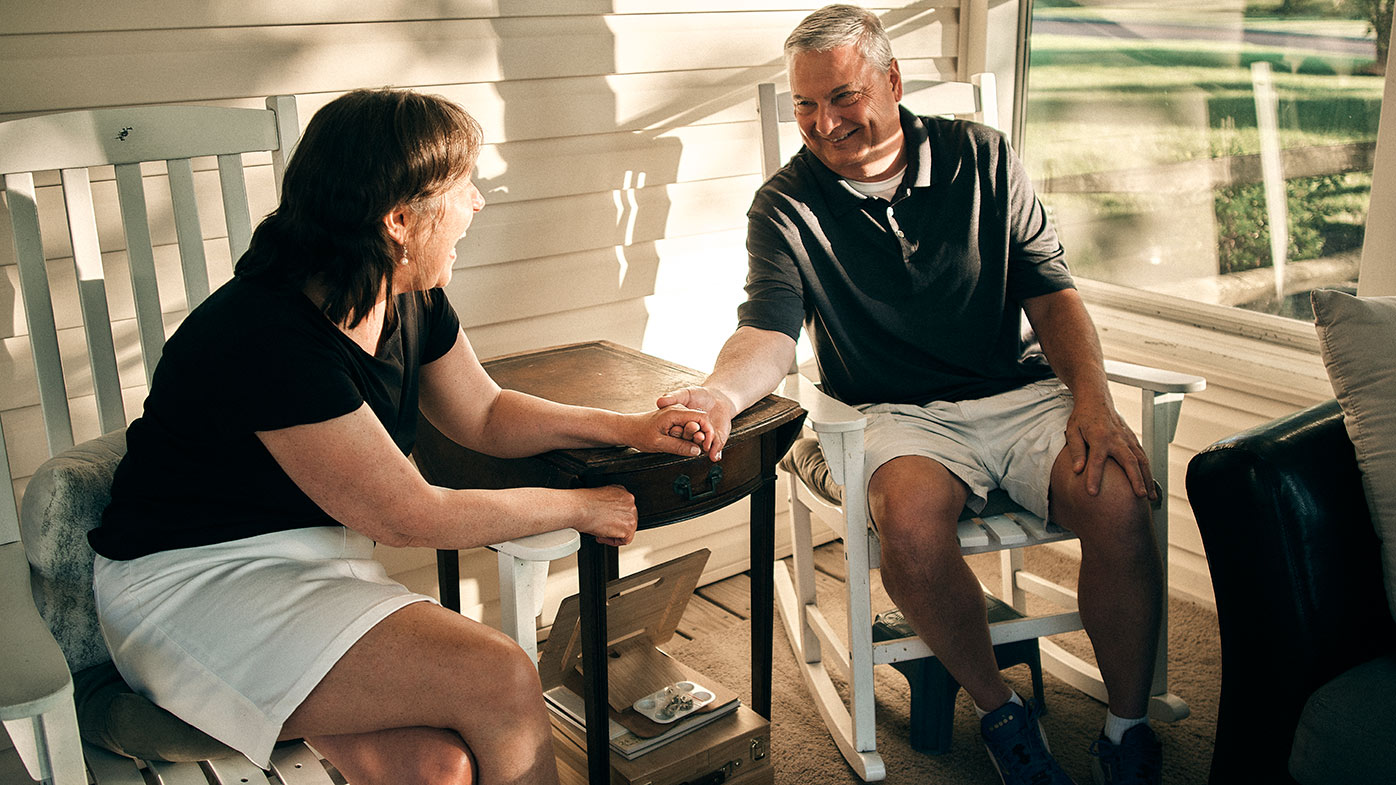K.T. heard his doctor’s warnings about the risks associated with treatment, but refused to accept that the cancer could take his life.
He had discovered the tumor at age 31, the night before his wedding. Soon diagnosed with cancer, he became determined to focus on spending his life with Kristine, as he had promised—not on suffering or dying from the disease.
He informed the doctor he was “different” than other patients.
“I love your attitude,” the oncologist said, “but it’s not going to be that easy.”
His 15-years battle would prove both of them right.
K.T. believes he is alive today because of being “different.” He approached each stage of his treatment—including chemotherapy, radiation and stem cell transplant—with a sense of ownership, challenging assertions and refusing to give up even, when doctors twice informed him there were no more options.
A self-described "stubborn introvert," K.T. believes that through cancer he found his voice.
“If I had stayed quiet,” he says, “I may not be here today.”
He vetoed working with one oncologist because of his bedside manner; another, a surgeon nearing retirement, because of the tremor he noticed when shaking his hand. He insisted on blasting music in his treatment room. When granted permission to walk the hospital hallway, he went outside for a 2-mile stroll. After one of his treatments, K.T. told doctors he’d recover in less than half the time they predicted, and he was right. He kept his information technology job as long as he could, once returning from a lunch break having had port-removal surgery.
But the cancer always fought back. One night, he awoke to a loud pop that he says sounded like fireworks. It was the tumor breaking through his collarbone and shoulder.




